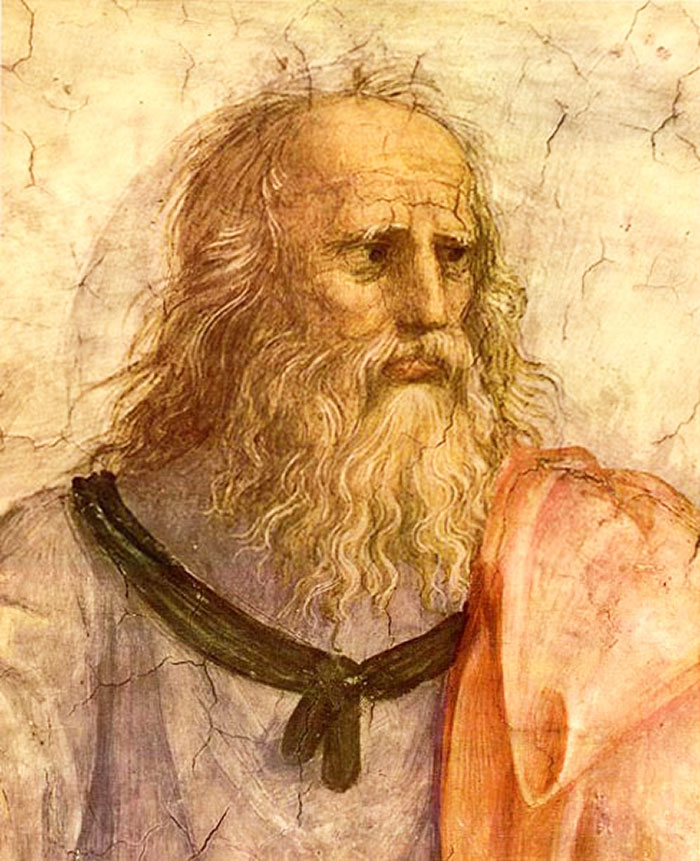
In episode six of the Digital Dialogue, I am joined by Marina McCoy, Associate Professor of Philosophy at Boston College and longstanding member of the Ancient Philosophy Society.
Marina has written extensively on Plato, focusing on the role of rhetoric in his thinking. Her recent book, Plato on the Rhetoric of Philosophers and Sophists, published by Cambridge University Press, investigates the relation between Socratic questioning and the rhetoric of the sophists.
She shows, convincingly, that part of what differentiates the Socratic practice of philosophy from other rhetorical activities is that the activity of philosophy involves at once a commitment to the truth and an openness to questioning the human relation to the truth itself.
In the podcast we focus on passage from Plato’s Protagoras in which the issue of the nature of Socratic questioning is at play. These include 331c5-d1, 333c9-d6 and 348c-d. We then turn to the question of what Marina calls “sympathetic listening” and the degree to which this is an important for the transformative possibilities of dialogue. There the passages we touch upon are: 328e-329b. For examples of Hippocrates listening, see 312a and for the scene at the doorway, see 314c-e. For the passage that suggests that Protagoras is not a bad listener, see, for example, 359d.
Related Links
- Griswold on rhetoric in Plato: http://plato.stanford.edu/entries/plato-rhetoric/
- For an electronic version of the Protagoras, with the Jowett translation (not our favorite), see: http://www.gutenberg.org/ebooks/1591



Just listened to Dialogue 06. Great job, Chris & Marina! I'm hoping these will be posted for some time, so that I can use them in a Plato seminar when I get back from sabbatical in 2010-2011. In fact, it would be fun to talk about possibilities of electronic connections among several of our concurrent undergraduate classes, if we're able to teach a Plato seminar in the same semester. Any takers? Or at least folks interested in starting a conversation about the possibilities?
Thanks, Jill, for this comment. The podcasts will remain as long as the blog and iTunesU accounts are open. I have no intention of taking them down, so they will be available for use in courses if desirable. If you use them, I would love to hear about how you use them and how your students react to them.
It sounds like a number of people might be interested in finding ways to use technology to cultivate dialogue across courses and universities. Let's talk about ways to facilitate this. I would be very happy to work on this with you and others.
I look forward to our discussion on the Digital Dialogue in late August or early fall. Thanks for listening and for the feedback.
Though technical in format and in substance, I am making connections as a very new and learning technical person, vulnerable, in my essence as well as in my learning, I have found that as a novice technically, I have been invited by older grandchildren and by my child to ask any questions I have and to "take it slowly" and to fight to understand. I think this is at the forefront of being human and of being vulnerable. Both humanity and vulnerability might open and entice another like being to help include, teach, and attempt to understand life now and the technology thereof. I admire and support the ingenuity that has created these digitaldialogues. I look forward to others and wish for video as well. JIF
"Socratic practice of philosophy from other rhetorical activities is that the activity of philosophy involves at once a commitment to the truth and an openness to questioning the human relation to the truth itself."
Concerning the human relation to the truth, when does the relation to the truth become more important than the truth itself. By removing our relation to the truth from the equation we remove the reason for its importance.